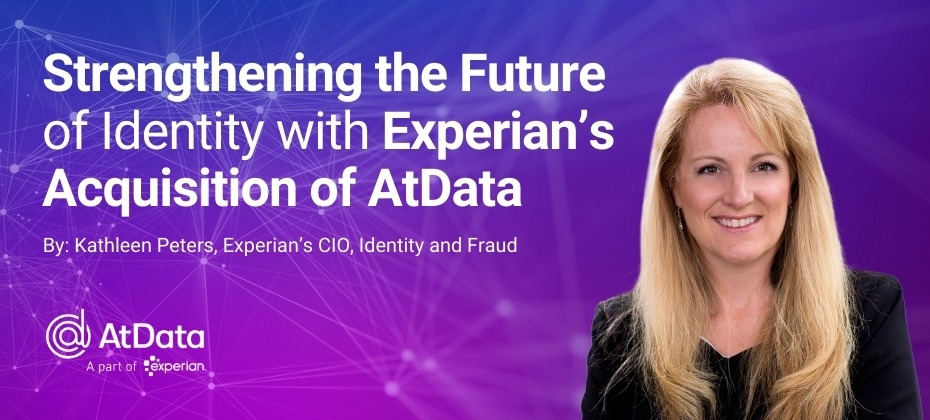Jump to:

Anniversary Showcases Groundbreaking Innovations for Businesses and Consumers
This year marks a major milestone for Experian as its Innovation Lab in North America celebrates 15 years of driving technological transformation. Over the past decade and a half, the Lab has been at the forefront of data and AI-driven solutions, helping our clients reshape industries and expanding financial inclusivity.
A Legacy of Innovation
The Experian Innovation Lab has played a critical role in advancing AI-driven credit risk models, fraud detection systems and no- and low-code AI tools. A groundbreaking achievement is the development of the Ascend Analytical Sandbox™, the industry’s first Big Data architecture-based commercial product. This tool evolved into the Experian Ascend Platform™, revolutionizing data analysis with advanced visualization, seamless model development and deeper consumer insights.
The Lab’s commitment to innovation is exemplified by its work to help develop Experian Assistant, a Generative AI-powered tool using natural language processing to expedite model development and address complex data challenges. By incorporating agentic AI, Experian Assistant enhances credit scoring accuracy for a broader consumer base for financial services clients—aligning with Experian’s mission to foster financial inclusion.
Transformative Technological Milestones
Throughout its 15-year journey, the Experian Innovation Lab has worked on numerous industry-first advancements, including:
- AI-Driven Marketing & Fraud Detection – Leveraging AI for personalized marketing and real-time fraud detection.
- Machine Learning for Identity Resolution – Enhancing security and efficiency in identity verification.
- Generative AI for Consumer Products – Transforming how individuals manage credit and make informed financial decisions.
Shaping the Future of AI and Data Science
At its core, the Innovation Lab thrives on exploration and collaboration. Engaging leadership and fostering grassroots innovation accelerates progress through prototyping and employee-driven ideas. This dynamic approach ensures Experian remains a leader in AI, machine learning and data analytics.
The Lab’s success has inspired additional innovation centers in the UK and Brazil, further amplifying Experian’s global impact.
AI for Good: Innovation with Purpose
Beyond financial services, the Lab has harnessed AI for societal impact. The Experian COVID-19 Outlook and Response Evaluator (CORE), an interactive heat map, helped healthcare organizations identify communities most at risk. By analyzing de-identified health data, this tool helped provide insights for pandemic response.
Additionally, the Lab has used AI to analyze data and generate insights to help combat human trafficking, underscoring Experian’s dedication to addressing social challenges.
As the Experian Innovation Lab enters its next chapter, it remains committed to pushing the boundaries of technology and data science, ensuring its innovations continue making a meaningful impact.


